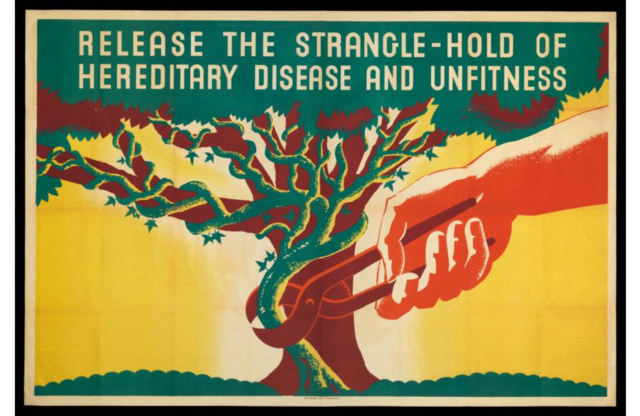
Can we please define ‘eugenics’ before criticizing it?
Robert Reich, a leading economist and secretary of labor in the Clinton administration, has denounced the “eugenic” policies of Viktor Orban. The Hungarian Prime Minister addressed a conservative rally in Dallas earlier this month in which he defended his controversial policies on immigration.
But it was remarks in July back home which drew Reich’s wrath. In a long policy speech about the challenges facing Hungary, Orban spoke about demography:
… we are willing to mix with one another, but we do not want to become peoples of mixed-race. This is why we fought at Nándorfehérvár/Belgrade, this is why we stopped the Turks at Vienna, and – if I am not mistaken – this is why, in still older times – the French stopped the Arabs at Poitiers.
Reich described this as eugenics. “Orban’s words and phrases were familiar to anyone who lived through the Nazi holocaust. After the speech, one of Orban’s closest advisers resigned, calling it ‘pure Nazi’.”
Unfortunately, “eugenics” is becoming a boo-word, an omnibus term for disapprobation. This is muddling the issue.
Nazi Aryan racism is eugenics and bad; genetic engineering to prevent hereditary diseases is eugenics and good. US Supreme Court Justice Clarence Thomas argued that promoting abortions amongst African American women was a form of eugenics and bad. Some journalists have argued recently that preventing African-American women from accessing abortions is eugenics and also bad.
Everyone – or nearly everyone — agrees that eugenics (whatever it might be) is bad. But we need to be talking about the same thing. The dictionary definition is “the study of how to arrange reproduction within a human population to increase the occurrence of heritable characteristics regarded as desirable”.
Let’s stick with that.
